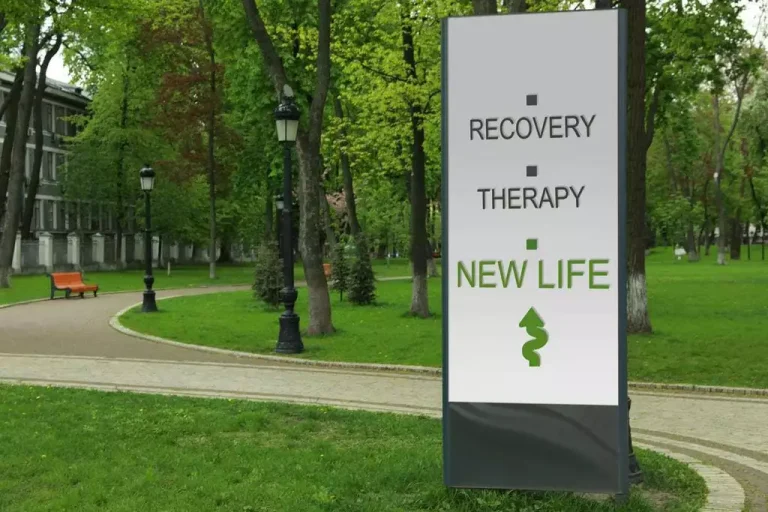
There are no specific tests that can be used to diagnose alcohol withdrawal. The most dangerous form of alcohol withdrawal occurs in about 1 out of every 20 people who have withdrawal symptoms. Most treatment options may include the administration of long-acting benzodiazepines. A common benzodiazepine that a doctor may prescribe includes diazepam. During initial treatment, a person may receive a higher dosage of benzodiazepines to reduce symptoms and the urge to drink alcohol. After symptoms subside, a doctor will taper the dose until they determine the individual no longer requires medication.
Alcohol Withdrawal Symptoms
Generally, you may need treatment for alcohol misuse when you can no longer control the amount you drink or how long you drink. You may also know that you need help with alcohol misuse when you begin experiencing consequences directly related to your alcohol misuse—but you still can’t stop or cut back on the amount that you’re drinking. To learn more about when you may need help for alcohol misuse, visit our informational page on helping someone with an alcohol use disorder or take our alcohol misuse self-assessment. Alcohol withdrawal syndrome is a set of symptoms that occur when someone who is physically dependent upon alcohol suddenly stops drinking or drastically reduces their alcohol intake.
Alcohol withdrawal seizures: 24–48 hours
You’ve taken an important first step toward recovery by deciding to stop drinking. Now, try to keep in mind that even though withdrawal symptoms may be unpleasant, they’re temporary, and treatment is available during this time. alcohol withdrawal is widespread among people with alcohol use disorders who decide to stop drinking or reduce their intake. This may include medications, therapy, or both and can be offered in a variety of settings, both inpatient, outpatient, or a hybrid model.
- A person with delirium tremens needs to be hospitalized until the symptoms can be controlled.
- Go to the nearest emergency room or call 911 (or your local emergency service number) if you or a loved one has any concerning symptoms of alcohol withdrawal.
- Over time, however, the body builds a tolerance to alcohol, and a person may have to drink more and more to get the same feeling.
- The symptoms most commonly begin between 6 to 24 hours after your last drink.
Assessing Severity
These conditions include gastrointestinal bleeding, infection, intracranial hemorrhage (acute bleeding in the brain), and liver failure. Individuals experiencing alcohol withdrawal syndrome should receive treatment according to the severity of their condition. Those with very mild symptoms can receive treatment as outpatients but may require the support and help of family and close friends for help. For most people, alcohol withdrawal symptoms will begin to subside after 72 hours. If you are still experiencing withdrawal symptoms after three days, talk to your healthcare provider.
Alcohol Withdrawal Stages and Severity
Accordingly, appropriate recognition and treatment of AW can represent an important, albeit small, first step toward recovery. https://ecosoberhouse.com/ syndrome can range in severity from mild to fatal, making it crucial for patients to present to care for evaluation of their symptoms. Patients who have had prior complicated withdrawals should not attempt to decrease their alcohol intake without consultation with their healthcare team. If a patient begins experiencing signs and symptoms of severe withdrawal, including but not limited to seizure, altered mental status, or agitation, they should seek emergency care immediately.

Inpatient treatment allows healthcare professionals to monitor you for DT or hallucinations, monitor your vitals, and administer fluids or medicine intravenously if needed. Individuals with alcohol withdrawal syndrome may experience nausea, anxiety, extreme fatigue, and even seizures and hallucinations. These symptoms occur as a person’s body adjusts to the absence of alcohol in their system.
I want to get healthier
Mild symptoms may appear similar to a hangover, but they last longer than 24 hours. Symptom-triggered therapy with benzodiazepines remains the cornerstone of management. In some people, the initial reaction may feel like an increase in energy. But as you continue to drink, you become drowsy and have less control over your actions.
- Do not hesitate to seek medical attention during any phase of alcohol withdrawal.
- While it’s true that up to 50% of people with AUD experience withdrawal symptoms, only a small portion require medical treatment.
- The alcohol withdrawal timeline varies, but the worst of the symptoms typically wear off after 72 hours.
- Because antipsychotic medications can increase the risk of seizures, however, these agents should be used only in combination with benzodiazepines.
Symptoms of Alcohol Withdrawal: Timeline and Signs of Danger
There are specific treatments available for anyone who wants to stop drinking—even after long-term, chronic alcohol use. Not all people progress through all of the stages of alcohol withdrawal. Alcohol withdrawal is easy to diagnose if you have typical symptoms that occur after you stop heavy, habitual drinking. If you have a past experience of withdrawal symptoms, you are likely to have them return if you start and stop heavy drinking again.

Alcohol withdrawal syndrome


